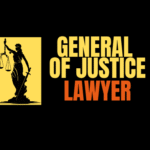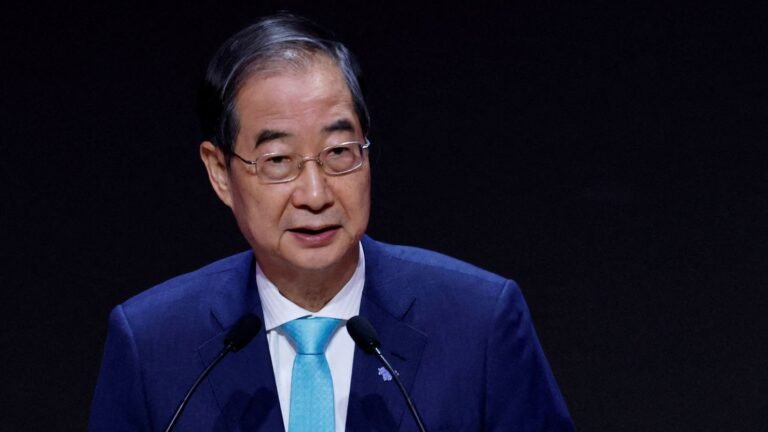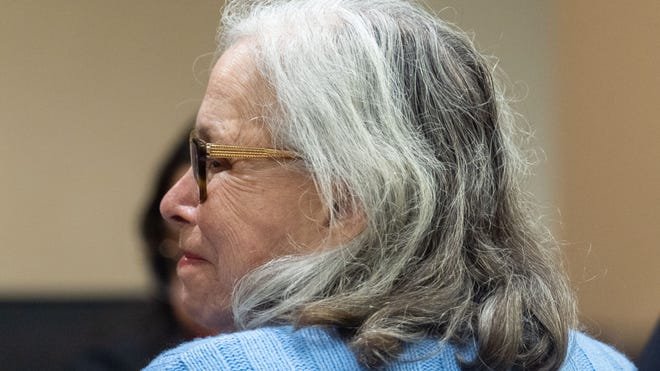
Lee Jae-Myung Elected President Of South Korea: What’s Next?
By The General Justice Lawyer, June 4

On June 3, 2025, Lee Jae-myung of the Democratic Party was elected President of South Korea, defeating conservative rival Kim Moon-soo in a tightly contested race. With over 48% of the vote, Lee’s victory marks a political comeback just years after facing legal scrutiny and public controversy. Now, as South Korea’s new head of state, he confronts deep domestic division, a volatile economy, and renewed geopolitical pressure.
A Divided Electorate, a Decisive Mandate
According to the National Election Commission, Lee secured 48.35% of the vote, narrowly ahead of Kim Moon-soo’s 42.82%. Voter turnout reached 74.1%, a sign of intense public interest in a race shaped by corruption trials, inflation fears, and North Korea’s military provocations.
Despite legal battles that once threatened to derail his political career, Lee managed to mobilize youth voters, progressive districts, and the remnants of the 2022 protest movement to secure a narrow but legitimate mandate.
Key Policy Promises
Lee’s campaign was built on rebuilding public trust in government and addressing income inequality. His central promises include:
- A “Universal Basic Income” pilot for young adults and the elderly.
- Stronger labor protections,
including the reversal of certain pro-chaebol labor deregulations.
- Aggressive housing reforms
particularly in Seoul and Incheon, to tackle skyrocketing rent.
- Reengagement with North Korea,
including reopening the Kaesong Industrial Complex if conditions allow.
Foreign Policy and National Security
Lee is expected to pivot toward a “balanced diplomacy” stance, softening the previous administration’s firm alignment with the U.S. and Japan while re-opening diplomatic channels with China. However, his stance on North Korea will be watched closely, especially following recent missile tests and border incidents.
He has promised to maintain defense readiness while also exploring peace initiatives, a dual strategy that has historically drawn criticism from hardliners.
Immediate Challenges Ahead
Lee enters office amid:
- Soaring youth unemployment
- A cost-of-living crisis
- Declining birth rates and an aging population
- Persistent distrust in the judiciary, especially after recent scandals involving senior judges
He must also manage a divided National Assembly, where conservative lawmakers remain strong and may attempt to block key reforms.
Political Comeback After Legal Firestorm
Just two years ago, Lee was battling multiple investigations linked to the Daejang-dong land development scandal and alleged misuse of campaign funds. Although never convicted, the shadow of indictment haunted his presidential bid. His election signals a public willing to forgive or at least, desperate for change.
His return also marks the first time in South Korea’s democratic history that a former gubernatorial candidate under indictment has risen to the presidency.
What to Watch For
Will Lee appoint technocrats or loyalists in his cabinet?
Can he deliver on social welfare expansion without alienating the business sector?
How will conservative media and prosecutors treat his presidency?
His early months in office will set the tone for a country still grappling with its democratic identity, economic future, and generational divides.
—
📢 Follow @genjustlaw for real-time legal and political coverage from Seoul to Washington.
Author

Latest entries
 Donna Adelson Trial2025-09-05Donna Adelson Found Guilty on All Counts in Dan Markel Murder Case
Donna Adelson Trial2025-09-05Donna Adelson Found Guilty on All Counts in Dan Markel Murder Case True Crime2025-09-03Epstein Files: Survivors Break Silence on Capitol Hill
True Crime2025-09-03Epstein Files: Survivors Break Silence on Capitol Hill US2025-09-03Cardi B Assault Trial Verdict — She’s Not The Drama
US2025-09-03Cardi B Assault Trial Verdict — She’s Not The Drama US2025-08-30Jim Crow Era — Louisiana’s Split Juries Problem and the Limits of Retroactivity
US2025-08-30Jim Crow Era — Louisiana’s Split Juries Problem and the Limits of Retroactivity







